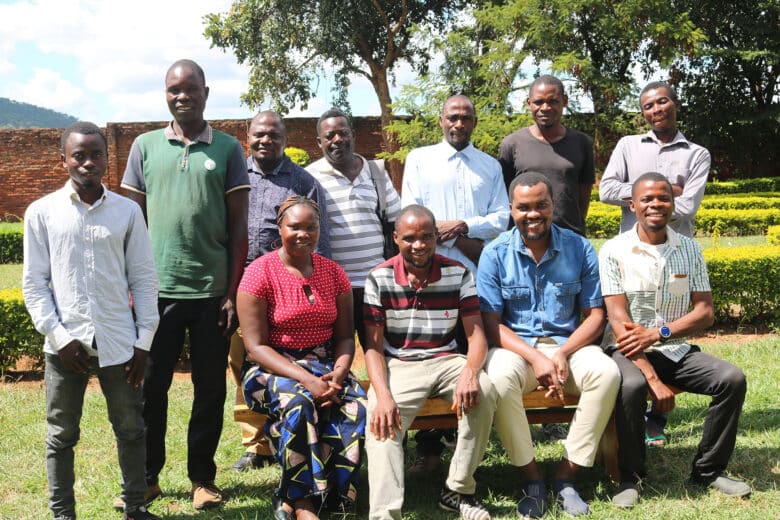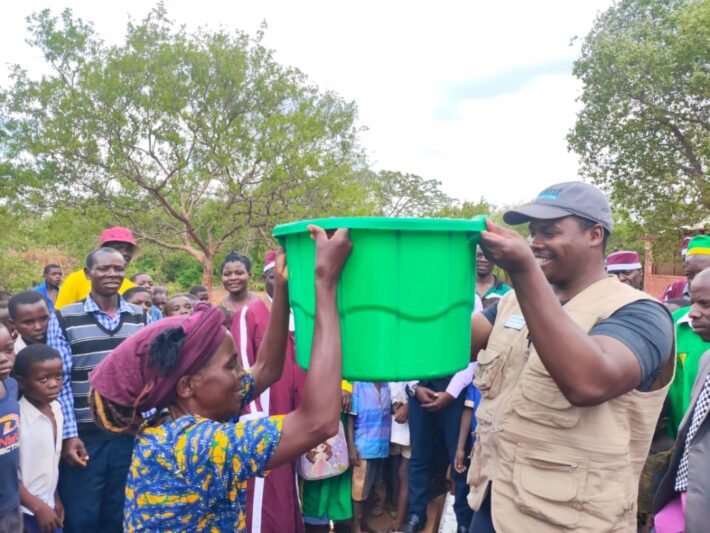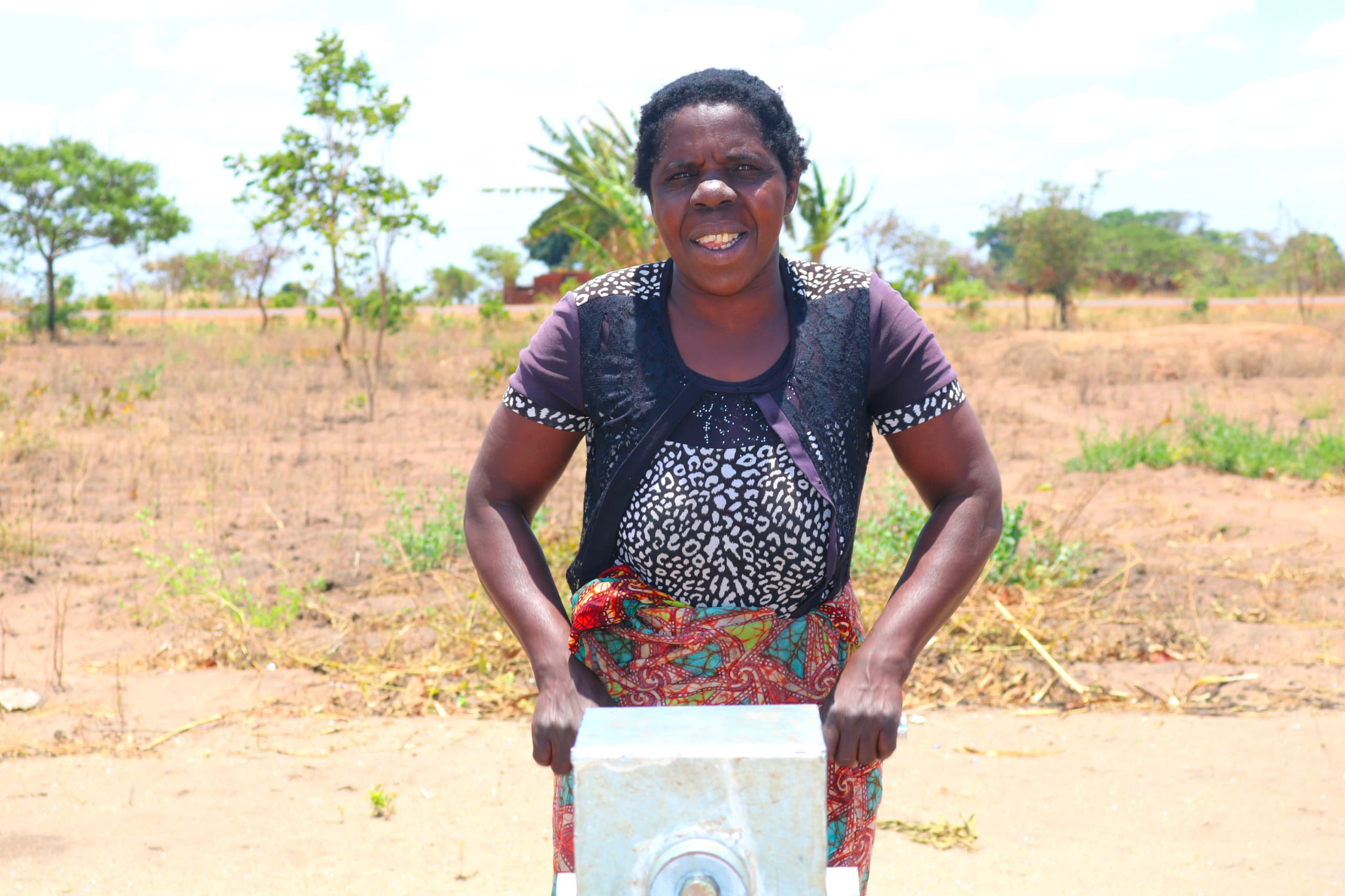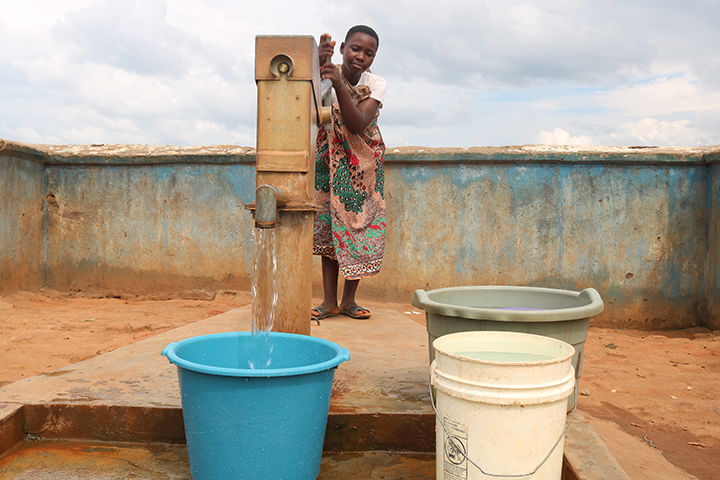Empowering Change: How Do Sanitation Entrepreneurs Transform Community Health?


Who Are Sanitation Entrepreneurs?
What are the Roles of Sanitation Entrepreneurs?
The primary role of sanitation entrepreneurs is to deliver essential sanitation products and services that meet the specific needs of communities. This role stems from the recognition that many communities face sanitation-related challenges but often lack the technical knowledge, resources, or capacity to address them effectively. Sanitation entrepreneurs help bridge this gap by applying their skills and expertise to provide practical and accessible solutions and services, aimed at serving and empowering the communities they work in.
At Orant, our Sanitation Entrepreneurs play a vital role in improving community health by constructing affordable, high-quality latrines. These include corbelled latrines, locally known in Chichewa as Amuna Apumule, and cast-in-place pit latrines, both of which are built in close consultation with communities to ensure pricing remains accessible.
Corbelled latrines are a durable, cost-effective type of pit latrine characterized by a dome-shaped, brick-lined substructure. They are built using mud as mortar, a locally available and sustainable material, yet are impressively resilient—lasting, on average, up to seven years without structural failure.
In addition, our entrepreneurs construct pit latrine slabs, which are concrete platforms placed over a pit with a drop hole through which users excrete. These slabs are designed to be safe, hygienic, and easy to maintain.

A Healthier Future, One Latrine at a Time
The impact of the Sanitation Entrepreneurs’ efforts goes beyond infrastructure as they play a vital role as agents of change within their communities. They spearhead awareness campaigns and sensitization initiatives, addressing a range of pressing issues. As members of the same communities, they possess a unique level of influence and trust, enabling them to effectively drive positive change and promote lasting impact.
With their efforts, they have also helped reduce open defecation, a common practice in areas without access to toilets, preventing the spread of hygiene-related diseases. This has led to measurable improvements in community health and has empowered households to take pride in maintaining clean, safe environments.
Stay tuned for more updates from this review meeting session, and meet the individuals behind the work. To explore more about our WASH program, visit https://orantcharitiesafrica.org/water-and-sanitation/




